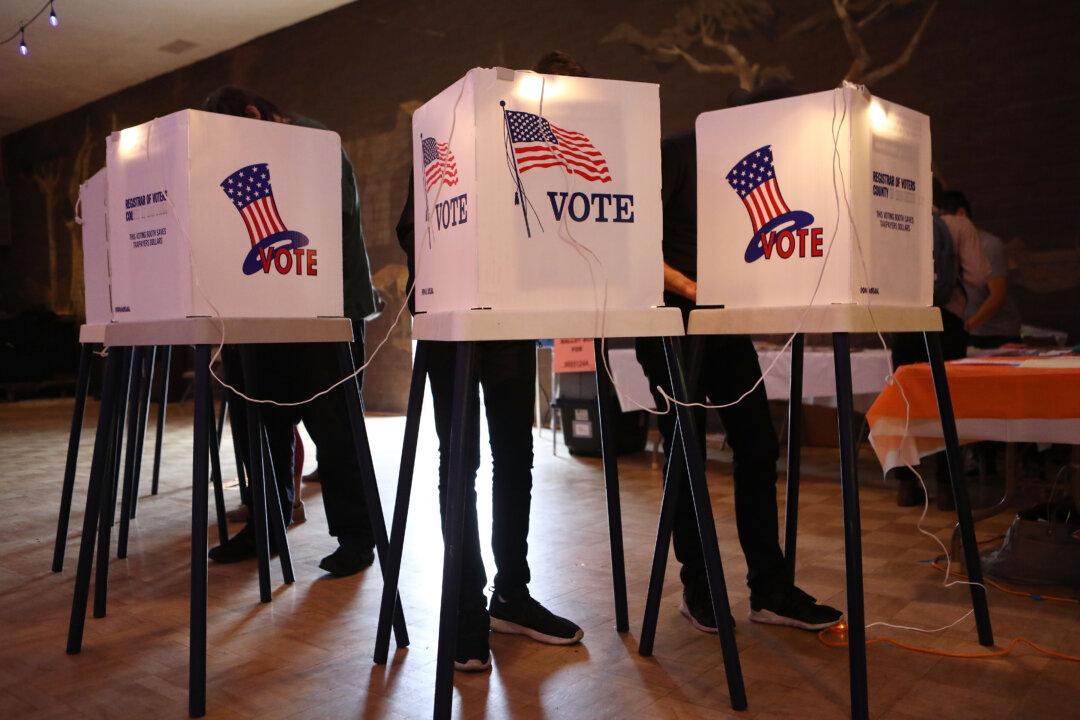At least 2.5 million extra voter registrations are on the voter rolls of 378 counties nationwide, according to the good-government group Judicial Watch.
Democrats have long denied that voter fraud affects electoral outcomes and claims that those on the right want to crack down on voter fraud solely as a means of preventing the poor and minorities from voting. But experts say fraudulent voter registrations open the door to fraudulent voting.





